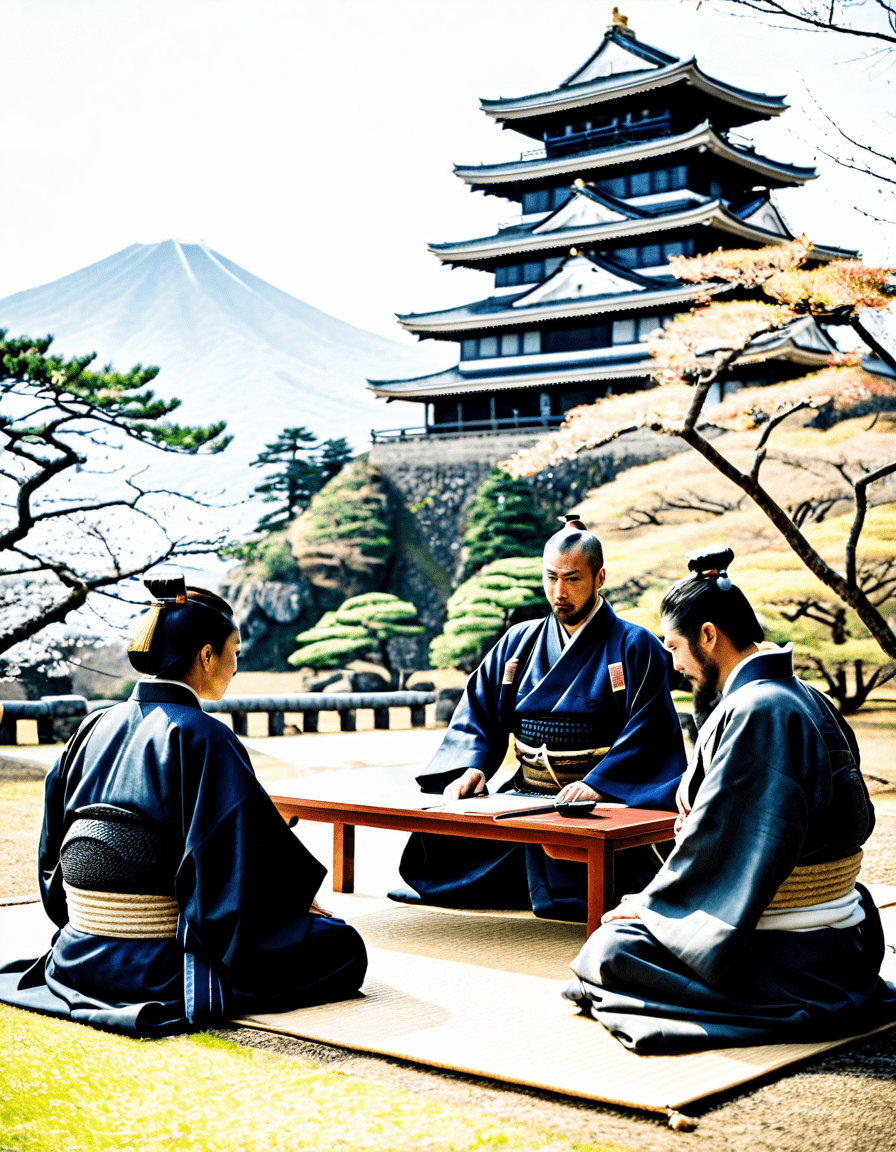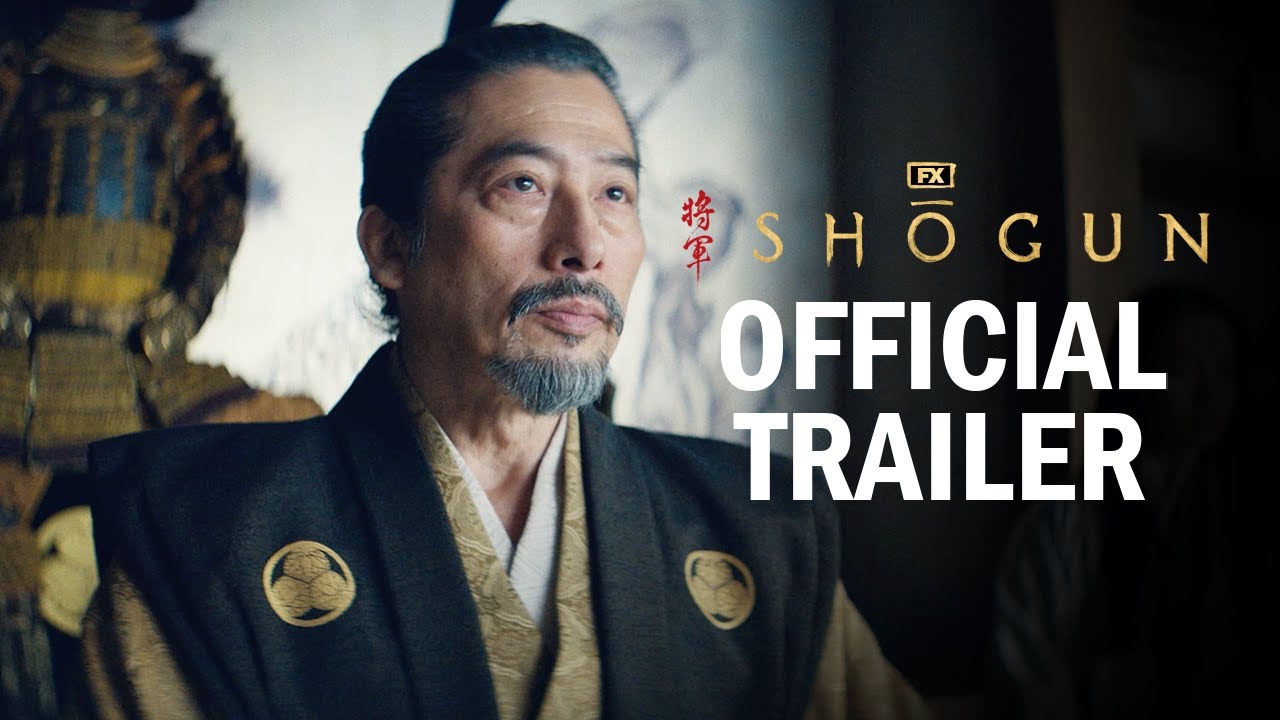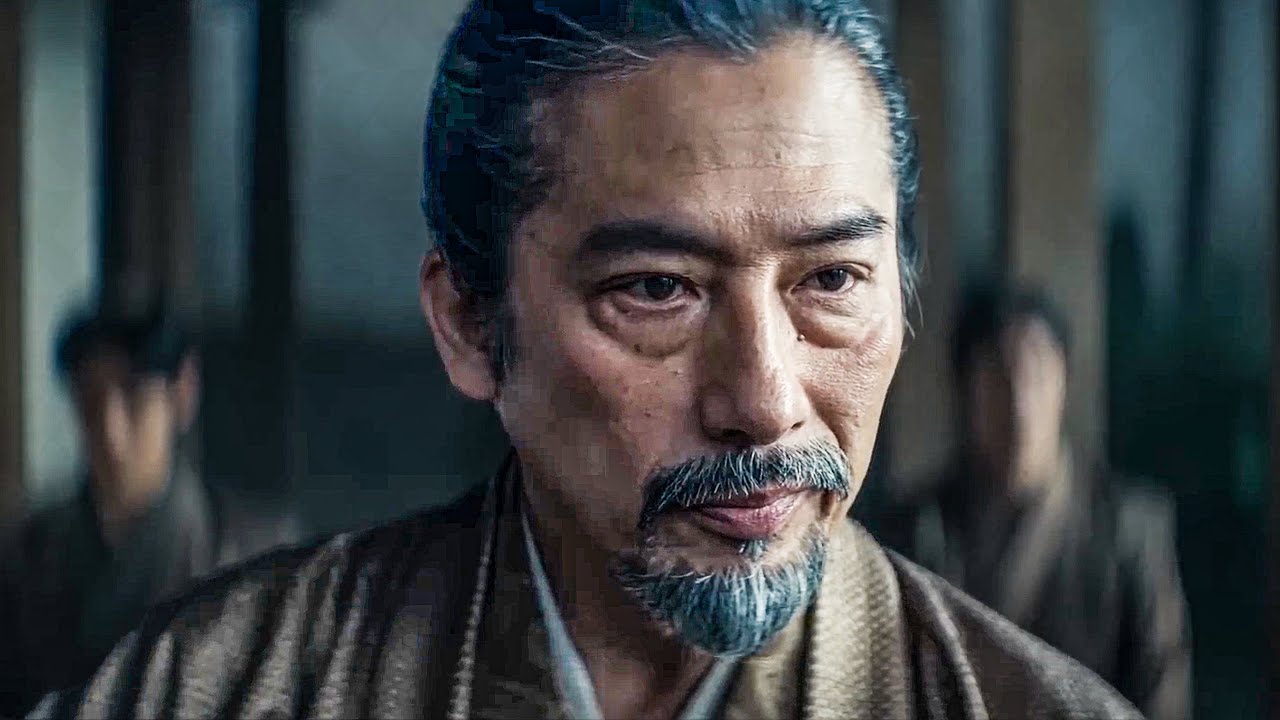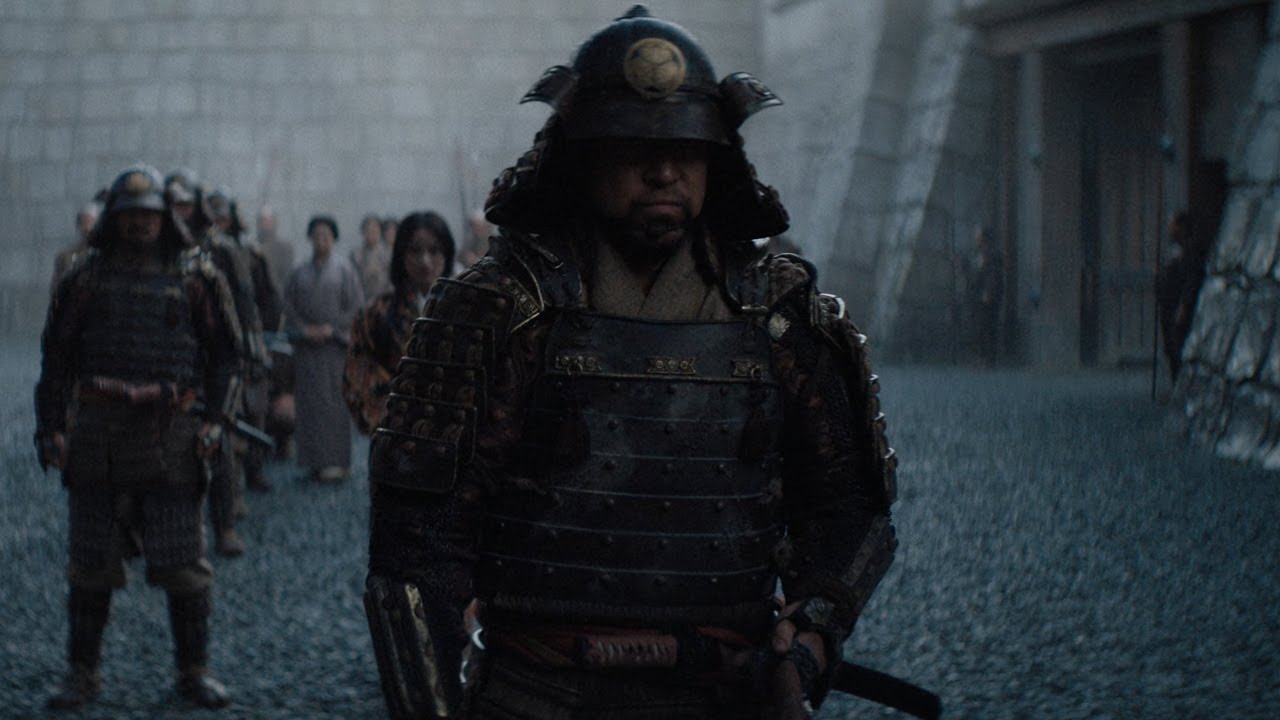The term shogun isn’t just a title; it represents a transformative era in Japanese history. Shoguns wielded power that reshaped the nation, steering it through tumultuous times filled with warfare and cultural renaissance. With a historical backdrop that’s both dramatic and compelling, the legacy of the shogun still echoes in Japan today. This deep dive will explore seven influential shoguns who played pivotal roles in molding Japan’s destiny, their cultural impacts, and the sustained influence on modern society.
The Legacy of the Shogun: A Transformative Era in Japanese History
When you think about Japan, the image of samurai warrior codes and grand feudal conflicts might spring to mind. This fascinating tapestry of history weaves through the shogunate, a military governance system that dominated Japan for centuries. Each shogun’s reign contributed to not just politics but the very fabric of Japanese culture, art, and religion.
The shoguns were often the most powerful humans in Japan, wielding authority that rivaled the emperor’s but with a distinctly martial ethos. Politics wasn’t just about power; it intertwined seamlessly with advancements in literature, theater, and art. Understanding these shoguns is crucial if you want to appreciate Japan’s evolution from a fragmented archipelago to a unified nation with a vibrant culture.
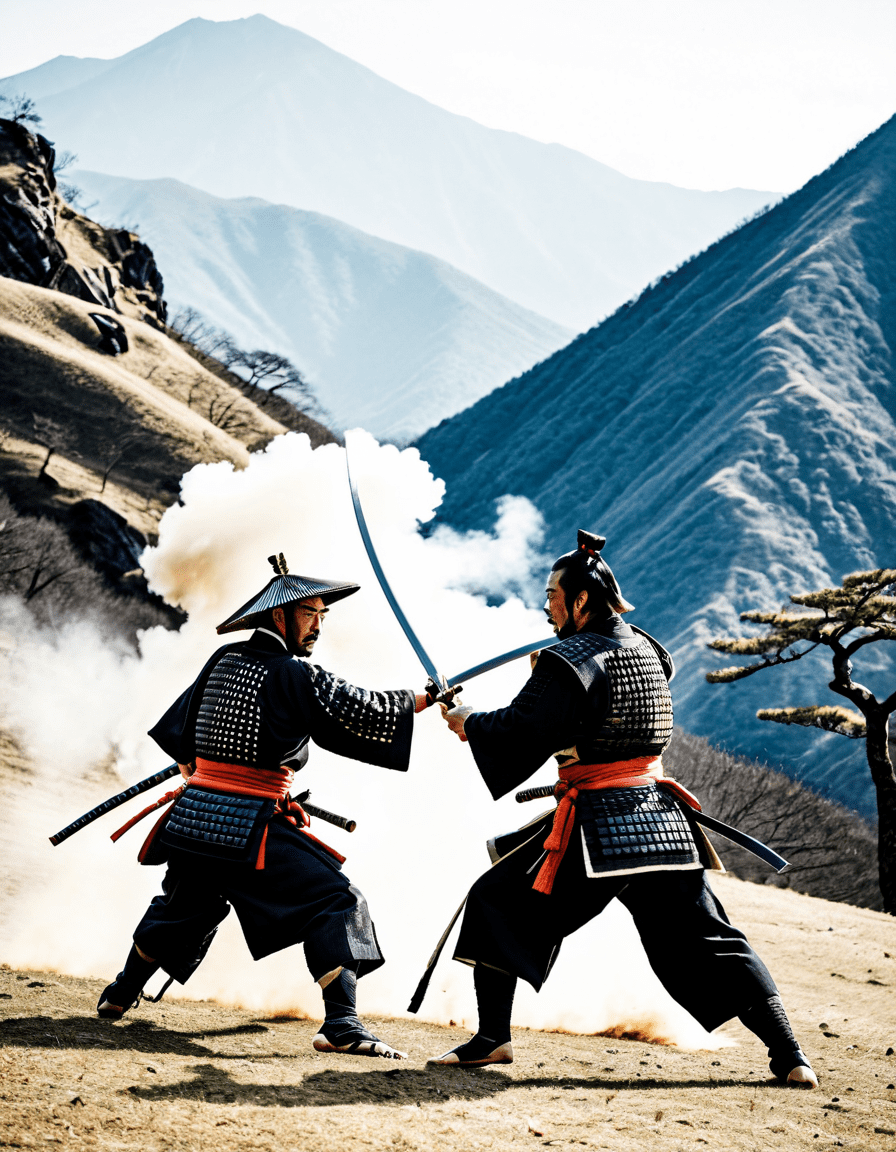
7 Influential Shoguns Who Shaped Japan’s Destiny
To truly grasp the rich history of Japan, we must shine a spotlight on seven pivotal shoguns:
The Shogun’s Role in Japanese Culture and Society
The influence of the shogun extended way beyond mere governance; it seeped into the cultural DNA of Japan. The military regime instituted a rigid caste system that birthed a rich samurai culture. Virtue and martial prowess became intertwined, giving rise to a distinctive warrior ethos revered even today.
Shoguns championed religious practices, promoting Buddhism and Shinto as central to the state. The result? A unique blend of governance and spirituality that not only structured society but produced stunning artistic movements. The flourishing of literature, ukiyo-e woodblock prints, and crafts during this time created what we now romanticize as the “floating world” of Edo (now Tokyo).
Imagine Edo: a bustling hub where culture thrived, thanks to enforced peace under the Tokugawa regime. With communities turning inward, it allowed for not just survival, but also artistic enlightenment.
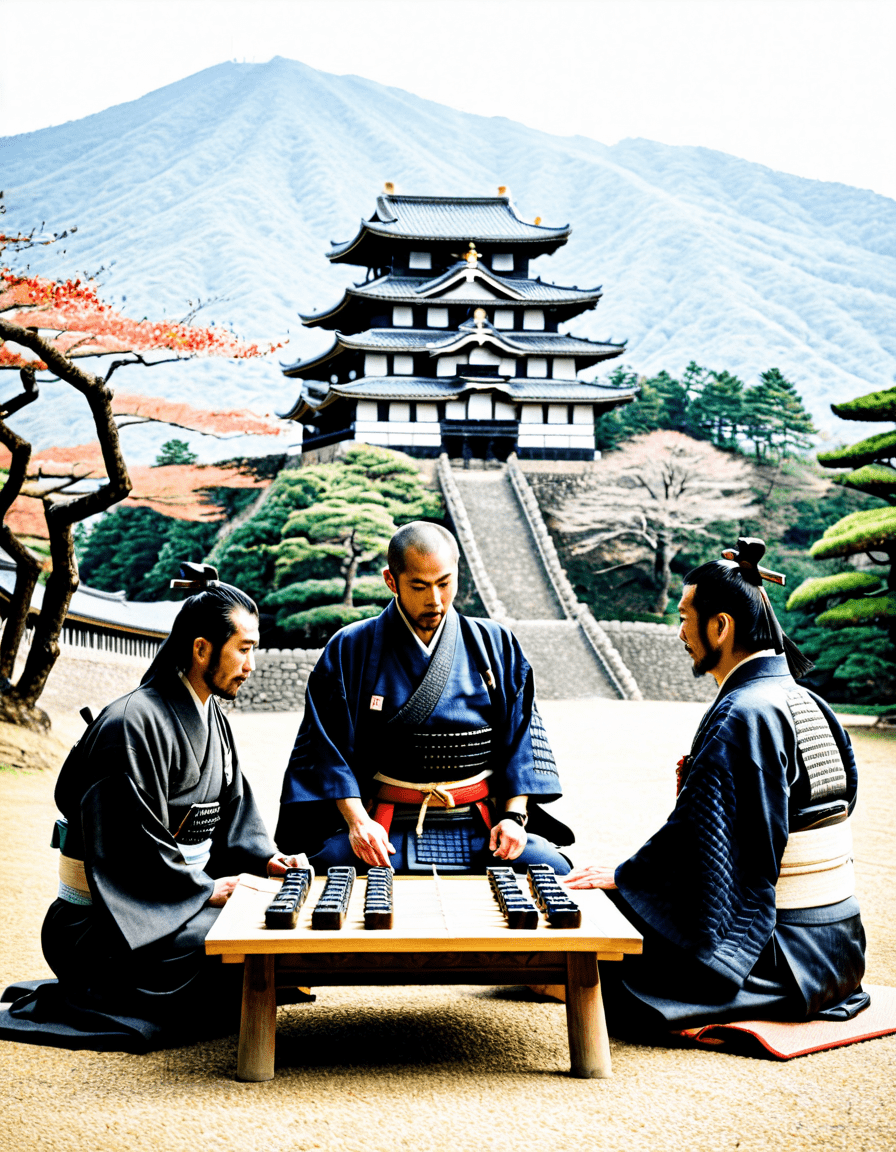
The Decline of the Shogunate and Its Enduring Impact
By the mid-19th century, the shogunate faced existential threats—internal conflict, the foreign pressure of Western nations, and burgeoning imperialist sentiment all coalesced to undermine its authority. The Meiji Restoration of 1868 marked the descent of the shogunate while propelling Japan into a modern era.
But the effects of the shoguns didn’t just vanish. They continued to shape societal structures, cultural practices, and sentiments long after their formal reigns ended. The intricate societal frameworks and artistic traditions fostered during the shogunate still resonate within Japan today.
Reflections on the Modern-Day Influence of Shoguns
Fast forward to today, and the legacy of the shoguns can still be perceived in contemporary Japanese society. Take a look at the relationship between military and governance; Japan’s Self-Defense Forces carry echoes of the samurai class, showcasing how history endures.
Traditional practices like martial arts and tea ceremonies are still ingrained in the culture, underlining the philosophies that samurai once revered. In a rapidly globalizing world, Japan’s unique history—including the sagas of its shoguns—stands as a fountain of national pride and identity.
And as we bask in the glow of the “glorious present,” we can reflect on how the essence of the shogun remains evident in modern cinema and storytelling. Films both historical and fictional continue to highlight the legendary exploits of these warriors, presenting epic narratives that resonate emotionally despite the passage of time. They remind us that history is not a relic of the past but an ongoing conversation affecting our present.
So, whether you’re a history buff or a film aficionado, the influence of the shogun is a captivating tale that invites exploration. From big-screen epics about these warriors to the subtle impact they have on modern life, the legacies of these fierce rulers open doors to understand both the past and the vibrant culture that flourishes in Japan today.
Shoguns, not just warlords but cultural magnates, left behind a treasure trove of history, lessons, and art that keep their stories alive, continuing to inspire countless filmmakers and storytellers, proving their legacy is anything but forgotten. If you want to appreciate the craftsmanship of leadership and culture, why not immerse yourself in documentaries, biographies, or films that explore the intricate world of these powerful figures?
Whether browsing through the latest celebrity news or catching up on Oscar buzz, let the legend of the shogun remind you that every film and story echoes a history worth remembering!
Shogun: The Fierce Warlord Who Changed Japan Forever
A Quick Dive into Shogun History
When you think of a shogun, images of fierce warriors and strategic leaders spring to mind. The title means “general” and was primarily given to military leaders during Japan’s feudal era. These powerful figures weren’t just soldiers; they governed vast territories and held the military authority that often overshadowed the emperor. You could say they had councilor duties akin to overseeing an empire of their own! Speaking of mighty leaders, did you know that Brandon Lee, known for his role in The Crow, also had a fascinating life marked by a legendary martial arts lineage, much like those samurai that shoguns commanded? Check out more about Lee here.
Lesser-Known Shogun Facts
Here’s a fun tidbit: while shoguns held immense power, they had to juggle relationships with those around them. It was like trying to keep all the pieces of a board game in play—imagine the drama! The Attack on Titan series has its own version of political intrigue, showing how battles shift power dynamics, something shoguns were all too familiar with. Curious about those game strategies? You can find the codes here.
Interestingly, the influence of shoguns also rippled into pop culture. Think about Kelsey Grammer’s return in the Frasier reboot—his character’s sophisticated charm isn’t too far removed from the cunning nature required by shoguns to maintain their status. And in the world of pets, did you know that finding the right ball python tank size is crucial for their cozy habitats too? It’s all about setting the stage, just like a shogun would for their court! Learn more about that here.(
The Shogun Legacy Today
The shogun legacy runs deep in Japan’s culture, influencing everything from martial arts to cutting-edge films. The Die Hard cast even reflects a mix of personalities that mirror the alliance styles of shogun leadership—dare I say, a little chaotic but effective! You can check out more about the cast here.
Jump ahead to the modern era, and you’ll find that the shogun’s strategic mind echoes through industries, even in celebrity endeavors. For instance, John Mellencamps storytelling in song captures that same spirit of leadership and resilience. Just like shoguns were often portrayed in traditional tales, Mellencamp weaves narratives that resonate with many. Dive deeper into his story here.
So, the next time you hear about a shogun, remember there’s a fascinating world layered in history, politics, and culture that still impacts our lives today.
